SUMMARY
This is AI generated summarization, which may have errors. For context, always refer to the full article.
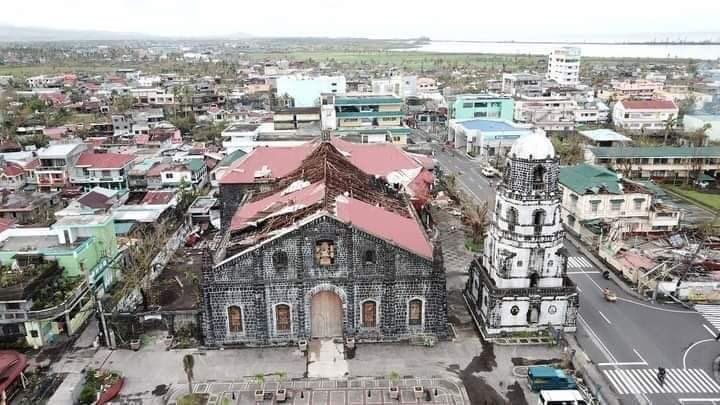
In the middle of a nearly year-long pandemic, a powerful tropical cyclone further scarred the people of Tabaco City in Albay in November.
Super Typhoon Rolly (Goni), said to be the worst typhoon to barrel through Tabaco City in 68 years, left almost half of residential houses in various stages of disrepair, with 6,000 families completely losing their homes. Destructive winds and torrential rains washed out most of the fishing boats and blew away the roofing of the 17th-century Tabaco Catholic Parochial Church, the heritage Manalang House built in the 1800s, and the city’s public market. It took weeks before electricity returned in the city. Mayor Krisel Lagman Luistro likened the rainwater that entered her own home to a waterfall.
The local chief executive estimates the total damage to infrastructure alone was at P3.5 billion – about 100 times more than the city’s calamity fund for the year. Worse, by this time, that P34.131-million fund was almost dried up by the coronavirus crisis.
How did Tabaco get by?
The local government dipped its fingers into its own savings from several years. It had been doing so the past months to sustain itself, given that its P731.629-million budget for 2020 naturally didn’t factor in a pandemic response program.
“We have a lot of savings, so that’s where we have been drawing money from,” Luistro, speaking in a mix of Filipino and English, told Rappler via teleconferencing app Zoom in early December.
“It’s just right for us to treat LGUs (local government units) like a home, where you can’t be left with zero funds for when emergency strikes,” she added.
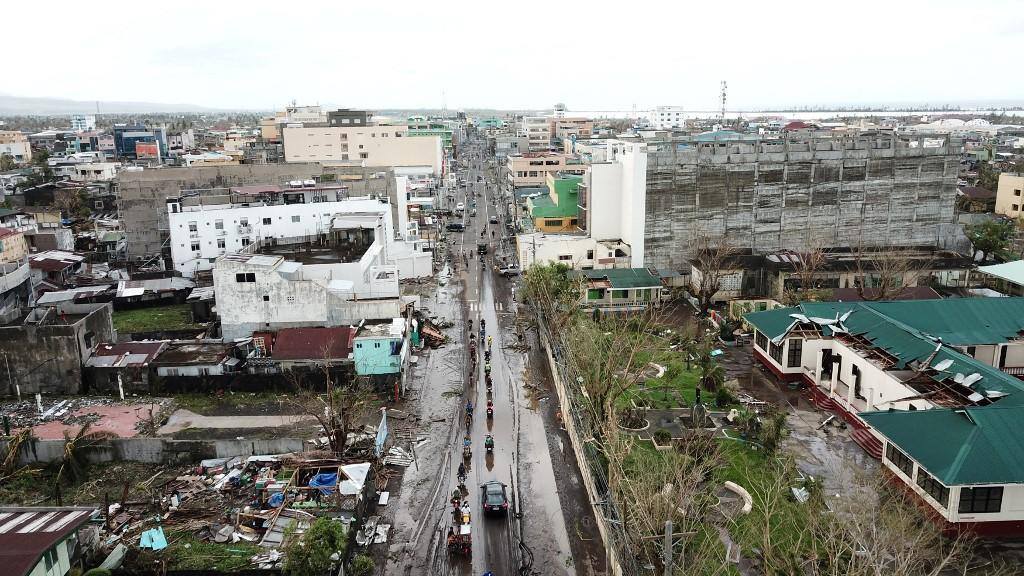
Budget documents sent by the LGU showed Tabaco had about P100.84 million in savings, funds accumulated by the city government over the years.
When Rolly hit, the city still had P20.707 million left from its savings. Most of this will now be used to rebuild destroyed homes, evacuation centers, and government facilities. Luistro is setting aside P8 million of this to buy food for displaced residents in the coming weeks.
Benefits of being ‘frugal’
P100,840,775.92
Tabaco City’s accumulated savings since 2007
Luistro said Tabaco had been saving up funds since 2007, the first time she was elected as mayor.
The city, located at the eastern coast of the Albay province, had invested in constructing sea walls and river control projects that were labor-intensive. This allowed Tabaco to provide jobs to its residents while also making the city more disaster-resilient. Unnecessary expenses in big-ticket infrastructure projects were removed so the LGU could save money.
But it was only in 2020 when Tabaco utilized these savings, around half of which funded some of the city’s COVID-19 response programs.
“I am frugal. We are frugal. Over the years, we have accumulated savings. But most of the savings are gone now.,” Luistro said.
The initial P25 million released from these funds went to the cash aid and rice sacks for residents who were not covered by the social welfare department’s subsidy program. They included daily wage earners and professionals alike, who each received P1,500 and 10 to 20 kilos of rice, depending on the size of their families.
“They were so happy. They were saying, ‘You know, this is the first time for me to receive a P1,500 rebate from government. It turns out that I am part of government and that government cares for me,’” Luistro said.
Tabaco also spent P11 million of its savings to provide two months’ worth of hazard pay for frontliners who went on duty when the city was placed under enhanced community quarantine.
In the aftermath of Rolly, Tabaco recorded zero casualties – a testament to the city’s time-tested preemptive evacuation system. Those who lost their homes were required to wear face masks while in evacuation centers. The city government provided masks to those who did not have any.
Several evacuees were also allowed to seek shelter in their extended relatives’ homes, a policy Luistro implemented to help prevent overcrowding in evacuation centers.
The city has since started providing various cash-for-work opportunities for typhoon-hit residents. Some 2,000 of them were tapped to manually dredge rivers in Tabaco just before Typhoon Ulysses (Vamco) slammed Tabaco City days after Rolly’s wrath.
As of December 13, Tabaco City still had no active cases of COVID-19, its total infections only at 75 for a population of over 130,000 people.
Much like its well-praised response to the pandemic, the Tabaco LGU got creative to ensure it funds would be available to sustain its fight against COVID-19 and to rebuild after the natural calamities that came the city’s way.
Infusing money into the community
Clearly, the city’s savings alone weren’t enough. Luistro said Tabaco was also able to survive because the national government was quick to augment their slowly depleting funds.
Tabaco – a city prone to calamities as it shares a border with the Mayon Volcano and is often visited by typhoons and earthquakes – became a priority for cash donations, too. Other local governments, the district’s congressional office, private citizens, and a non-governmental organization poured in help.
Luistro ensured that money circulated within Tabaco itself.
Tabaco received P50.836 million through the national government’s Bayanihan Grant to Cities and Municipalities, which was equivalent to one month of the city’s Internal Revenue Allotment.
“The national government did not abandon us…. I am impressed with them. They moved fast because they had to,” said Luistro.
A bulk of the Bayanihan grant was spent to prepare for the return of locally stranded individuals to Tabaco. These included hospital equipment and supplies for isolation facilities, the LSIs’ food during the quarantine period, and the food and transportation costs of LGU personnel who took care of the LSIs.
Luistro said P23 million was allotted to buy rice directly from Tabaco’s farmers, who were badly hit by the pandemic. Relief goods distributed by the city government were also sourced from within the locality.
This is a strategy the mayor has employed to ensure that whenever money comes into Tabaco, it circulates within the community and boosts the spending power of the people even during a crisis.
It has also helped the city save money, since they don’t have to import relief goods all the way from Metro Manila.
“I’ve been saying this since the beginning: If you infuse money into the locality, the people will have purchasing power. Where would they buy? In the market, in the stores here, in our hardware stores here, so the money circulates inside,” Luistro said.
Deluge of donations
Other LGUs gave cash donations to Tabaco. Luistro set these aside to buy housing materials for residents who lost their homes.
After Super Typhoon Rolly, at least 3 LGUs donated money to Tabaco: Sorsogon City gave P1.5 million; Malabon City, P500,000; and Valenzuela City, P300,000.
Even Luistro’s relatives in the United States pooled their resources and gave the LGU a total of P250,000.
Luistro said Tabaco also received P1.38 million from the Philippine Charity Sweepstakes Office. Just recently, the Office of the President gave Tabaco another P5 million in additional funds.
It also helped that Tabaco is under the 1st congressional district of Albay, which is represented in the House by Luistro’s father, Edcel Lagman. The veteran lawmaker is consistently able to secure sufficient funding for his district despite being a staunch critic of President Rodrigo Duterte.
“Let us be practical: madaling lapitan kung tatay mo (it’s easy to ask for money when it’s your father),” Luistro said.
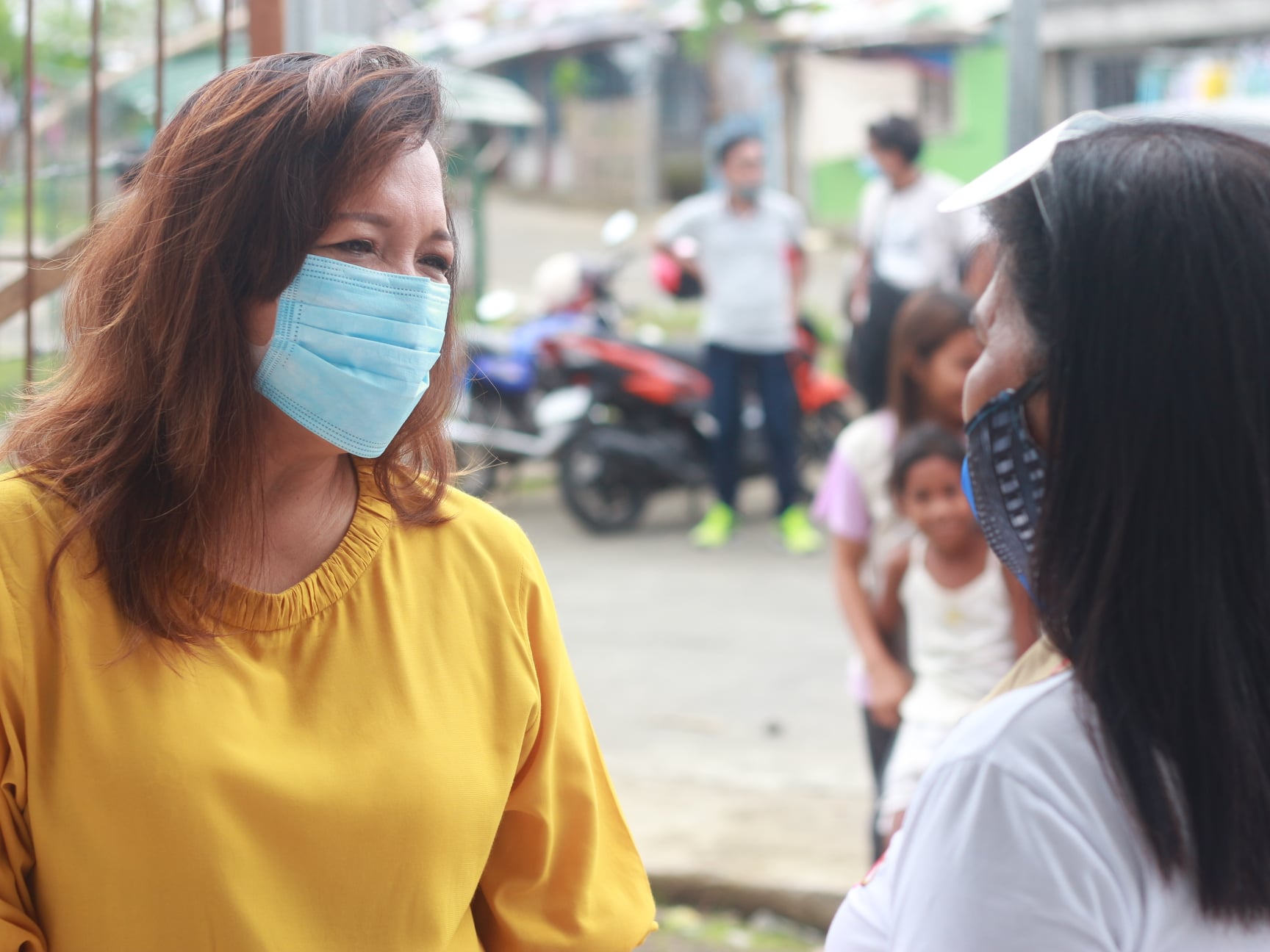
Long before the COVID-19 crisis happened, the Taiwanese non-governmental organization Tzu Chi Foundation had been sending aid to Tabaco City whenever there was a calamity. The NGO usually brings in heavy machinery, then employ typhoon-hit residents to do the clearing operations.
But Luistro said Tzu Chi’s staff does not coordinate with the LGU directly in a bid to stay apolitical. “What they do is they go to the community and then suddenly I’ll just see them on the ground,” said the mayor.
Luistro said Tzu Chi Foundation provided financial assistance to some 10,000 families across 17 villages that were badly affected by Super Typhoon Rolly.
Going back to basics in 2021
For 2021, Tabaco City has drafted a budget of P749.937 million – around P18 million more than its 2020 appropriations.
Luistro wants to focus her efforts on making Tabaco a safe community – more resilient from calamities that will likely hit her city while the pandemic rages on in 2021.
This means holding off on plans to beautify Tabaco in order to ensure there are enough funds for the basics: food, livelihood, housing, health, and security.
Luistro in particular hopes to complete her in-city resettlement plan for residents who live in high-risk areas by 2021.
“After what we have experienced, you really have to plan for resilience, and you must always have a Plan A, Plan B, and Plan C,” said Luistro. “We just have to be creative, because we don’t have much funds.” – Rappler.com
Add a comment
How does this make you feel?

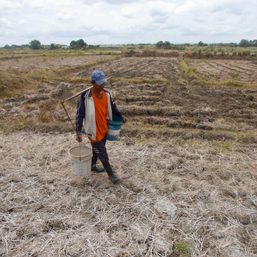
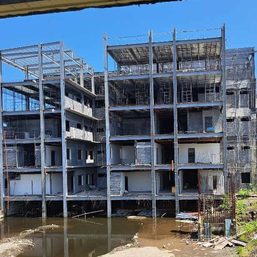
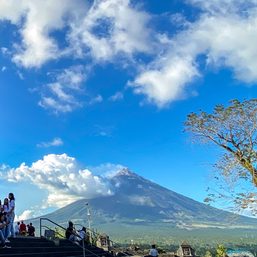
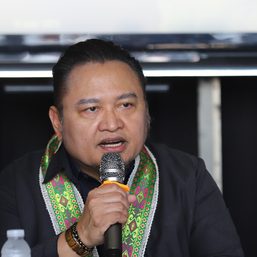


![[Time Trowel] Evolution and the sneakiness of COVID](https://www.rappler.com/tachyon/2024/02/tl-evolution-covid.jpg?resize=257%2C257&crop=455px%2C0px%2C1080px%2C1080px)





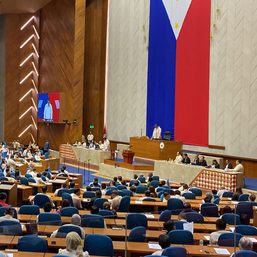

There are no comments yet. Add your comment to start the conversation.